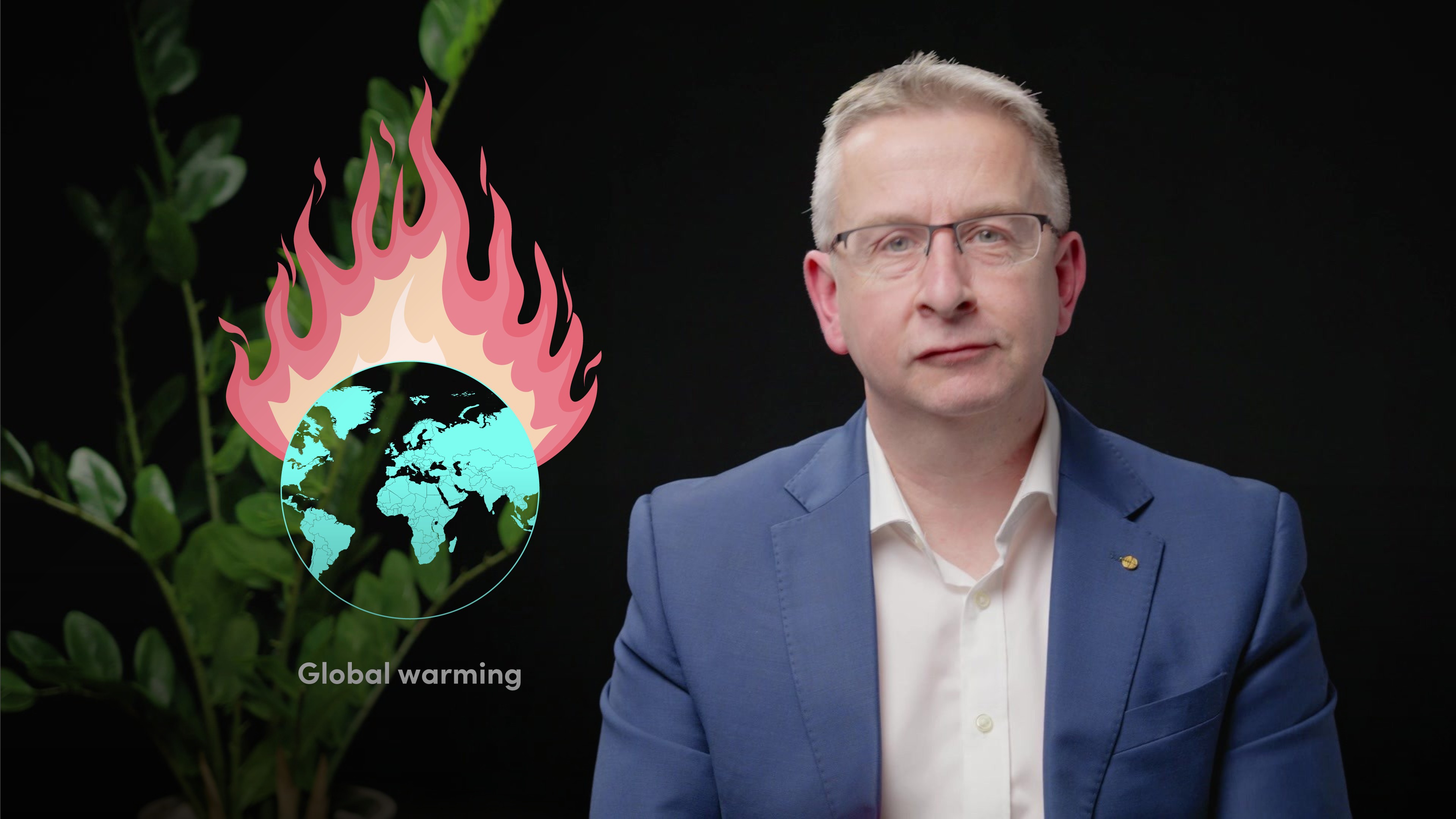
Green Finance Introduction

Simon Thompson
Managing Director and Author
Green Finance promotes the flow of financial support towards the development of environmentally sustainable activities. In this video, Simon provides an introduction to this vital topic by outlining its importance and what it means in practice.
Green Finance promotes the flow of financial support towards the development of environmentally sustainable activities. In this video, Simon provides an introduction to this vital topic by outlining its importance and what it means in practice.
Subscribe to watch
Access this and all of the content on our platform by signing up for a 7-day free trial.

Green Finance Introduction
10 mins 45 secs
Key learning objectives:
Understand the triple planetary crisis: Climate change, pollution and biodiversity loss
Outline the key role green finance will play in the transition to a net zero economy
Overview:
The triple planetary crisis, involving climate change, pollution, and biodiversity loss, is largely driven by human activities. The Intergovernmental Panel on Climate Change reports these actions have resulted in around 1.1℃ of global warming since the Industrial Revolution, risking irreversible change if it exceeds 2℃. Amid this crisis, green finance is emerging as a crucial element. It promotes sustainable investments and risk management strategies to facilitate the transition to a low-carbon economy. Despite currently being a minor segment of financial markets, it's rapidly expanding due to policy, regulatory incentives, and commercial opportunities. Green finance presents an urgent economic and moral responsibility.
Subscribe to watch
Access this and all of the content on our platform by signing up for a 7-day free trial.
What is the triple planetary crisis?
The triple planetary crisis is a term that describes the three interrelated environmental issues that our planet is currently grappling with: climate change, pollution, and biodiversity loss. These crises, driven by both natural phenomena and human activities, pose significant threats to life on Earth. According to the Intergovernmental Panel on Climate Change, human-induced factors have caused around 1.1℃ of global warming since the Industrial Revolution. The impacts of global warming, such as extreme weather events and biodiversity loss, are already visible. If it continues unchecked, we risk surpassing a critical threshold leading to rapid and irreversible changes.
What is green finance and why is it growing in importance?
Green finance refers to the mobilisation and direction of capital towards investments that support the transition to a sustainable, low-carbon world. It has grown in importance due to the scale of investment needed to counteract the triple planetary crisis. The whole economy transition to a sustainable, low-carbon world requires very substantial capital. Estimates of the investment needed vary, but a figure of $6-7 trillion per year for the next 20 years is generally accepted.
A significant part of green finance's relevance comes from its role in managing the two primary types of risks posed by climate change. Firstly, the physical risks, emanating directly from climate-related hazards, such as storms, droughts, and floods. Secondly, transition risks, which stem from the systemic shift from a high carbon economy to a low carbon one. Both these risks significantly impact businesses, society, and financial institutions.
The role of finance in reducing emissions and enhancing climate resilience is recognised in international agreements like the Paris Agreement and the Kunming-Montreal Global Biodiversity Framework. Green finance not only funds the development and deployment of green technologies but also helps financial institutions, clients, and customers manage climate-related and other environmental risks.
What is the future of green finance?
The future of green finance lies in its growth and continued alignment with sustainable development goals. While still a small part of the overall financial markets, it is poised for rapid expansion due to policy and regulatory incentives, commercial opportunities, and the escalating need to address climate change. Future green finance will further involve measuring and reporting the sustainability impacts of investments, ensuring transparency, and avoiding greenwashing. The finance sector has an opportunity, and a moral obligation, to lead the transition towards a sustainable, low-carbon world, creating shared prosperity for present and future generations.
Subscribe to watch
Access this and all of the content on our platform by signing up for a 7-day free trial.

Simon Thompson
There are no available Videos from "Simon Thompson"





























